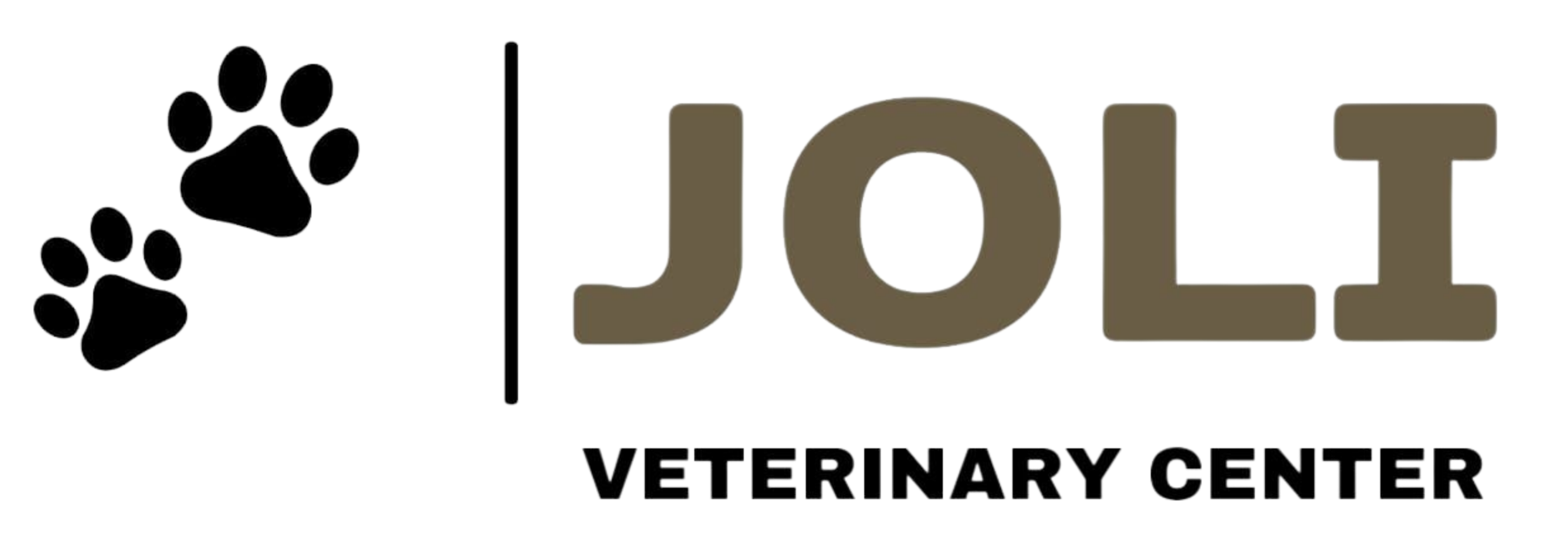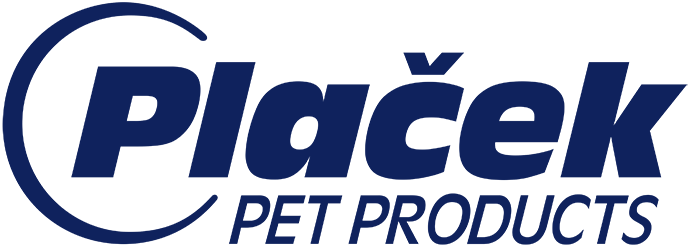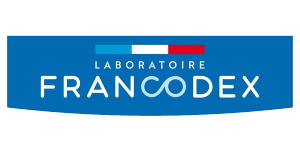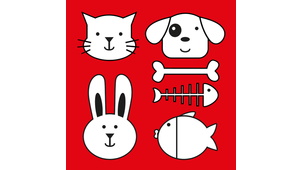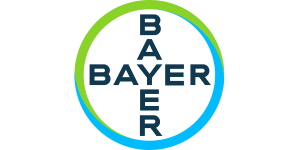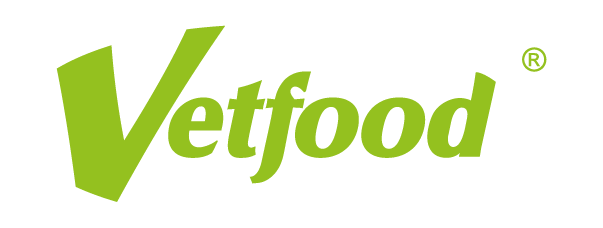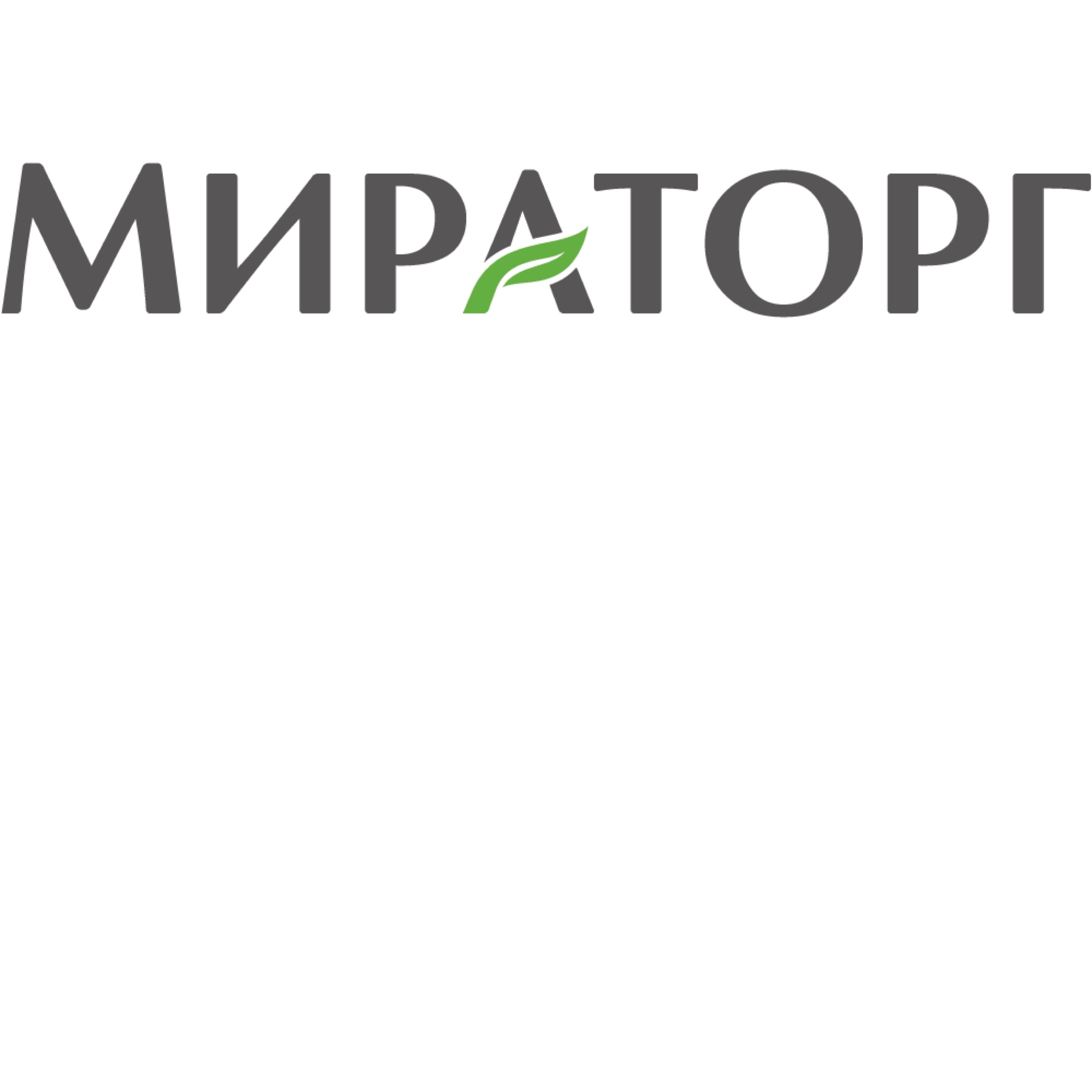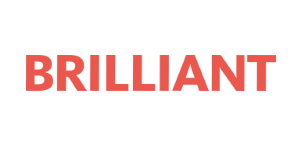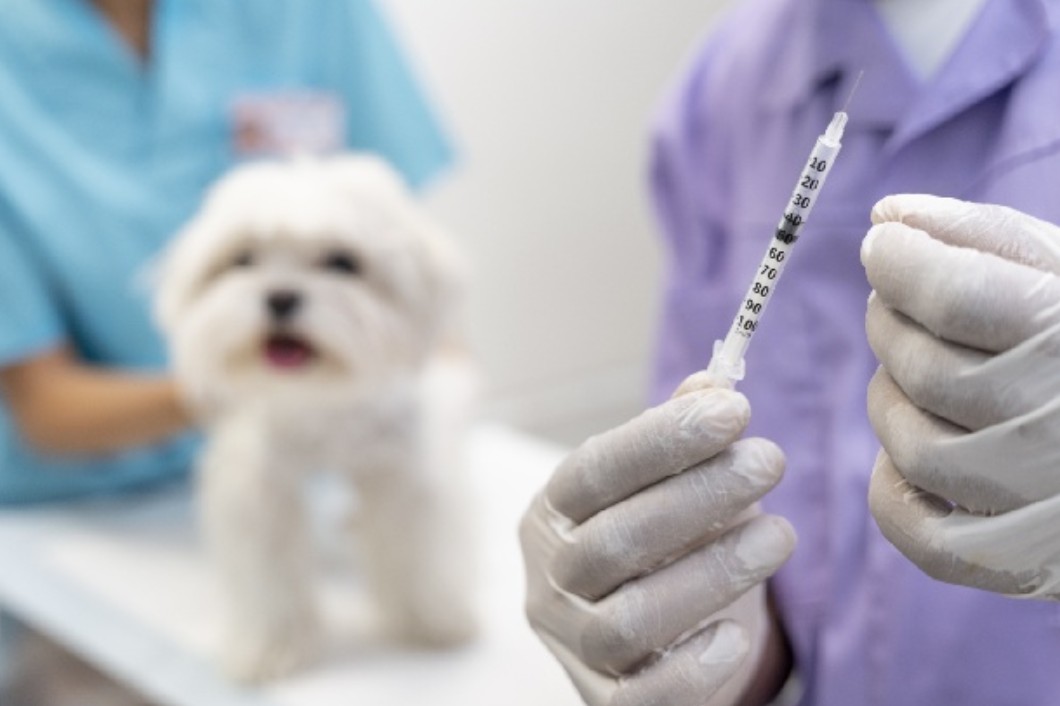
When it comes to vaccinations, dog owners have many questions about legality and appropriateness, timing, pet preparation, contraindications, and the risks and responsibilities of not vaccinating a pet. It is important to feed a good quality food and not to change the food during the specified period. In this article we will answer these and other questions about vaccination of dogs of different ages.
Why vaccinate animals (dogs, cats)?
The main purpose of vaccination is to prevent infectious diseases that pose a serious threat to the health and life of dogs, cats and their owners. Diseases such as parvovirus enteritis, plague, viral hepatitis, rabies, adenovirus infection, infectious hepatitis affect the functional systems of the body and even with timely treatment often lead to the death of the animal.
Dog vaccinations are important for:
– You will not contract infectious diseases or suffer from them in a mild form
– do not cause dangerous infection of the host
– be able to travel to other cities and countries
– are allowed to participate in special events (exhibitions) and mating
– to create immunity of the population, as a result of which the spread of the disease in a certain region is interrupted;
In addition, refusing to vaccinate a pet is against the law. Owners are required by law to vaccinate their pets against infections that can be transmitted to humans. These diseases mainly include leptospirosis and rabies.
Types of animal vaccines
According to the degree of need, vaccines are divided into three groups:
Basic (mandatory)
vaccines with which all dogs must be vaccinated. These include vaccines against rabies, pneumococcus, leptospirosis, adenovirus, and parvovirus.
Additional
vaccines, the use of which is possible under certain conditions in certain groups of animals. This group includes vaccines against parainfluenza, bordellosis), influenza virus.
Non-indicated vaccines
the use of which does not have sufficient scientific justification, their effectiveness and safety have not been proven. For example, this is a vaccine against canine coronavirus.
According to the method of administration, vaccines for animals are: injection and intranasal.
Animal vaccines also differ in their properties and how they are produced.
What vaccinations do puppies need?
Vaccination of puppies is called primary. This is very important and at the same time the most difficult. The fact is that the puppy’s immune system is still imperfect and it is more sensitive to pathogens, so it is important to provide him with protection in the form of immunization. At the same time, the reaction to vaccination may be insufficient, since the dog’s maternal antibodies (which she receives at birth and with mother’s milk and which provide her with the so-called passive immunity up to 8-12 weeks of life) prevent the full response of the immune system, to which,
1-Vaccinate a puppy earlier than the dates indicated in the instructions and recommendations for vaccinations, it does not make sense, because, as a rule, the shorter the period from birth, the more maternal antibodies in the puppy’s body.
The 2-vaccine should be given multiple times to avoid a low level of protection at any time.
3-The puppy is vaccinated against all dangerous infections characteristic of its place of residence (without postponing the procedure to a later age period).
Adult dog vaccinations
Adult dogs receive one vaccination per year. If the owner does not know if the dog has been previously vaccinated, there are two options:
1-You can take immunity stress tests (serological test) and find out if the dog is protected from vaccination or past diseases.
2-After making sure that the pet is currently healthy, do a full primary vaccination, provided there are no previous vaccinations.
Post-vaccination animal care
After vaccination, the dog does not require special care, but there is no need to temporarily change the usual living conditions, and avoid excessive stress, whether it be physical activity, training, hypothermia or a long trip. feed good quality food, and do not change the animal’s diet during the specified period.
